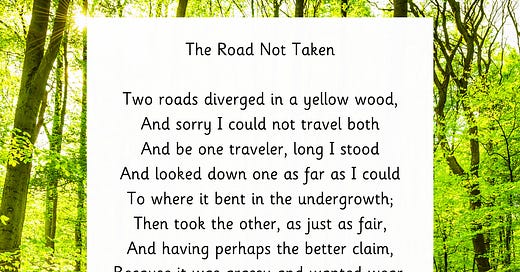From birth through age six, children have a Sensitive Period for Language. During this time, they soak up language rapidly.
Learning to read begins halfway through this six-year period as we introduce the sandpaper letters around the age of three. Next, we introduce the movable alphabet, which should be a child’s first deliberate introduction to reading.
With the movable alphabet, we can see a huge difference between children who have a well-developed language base and those who do not. This language base is formed between birth and age three. It is the foundation that other language skills and learning build upon.
Creating a strong language base: Adults must speak properly and frequently around their children.
Steps to take:
Tell your infant what you will do with them. “Now I will take your foot and slide your pants off.” Your infant will begin to understand much sooner than you believe they will. Plus, it is only kind to let them know what is happening.
Tell your child what you are doing as you work. “I am filling the stock pot with water. Let’s see, I will put in several pinches of sea salt to help it boil. This is Celtic Sea salt, and it comes from the Celtic Sea.” Do you see all the words and language constructions that you provide your child by doing this? I am constantly surprised by the popularity of SAT prep classes that make money teaching teens vocabulary that they should have learned before first grade.
Talk about life and everything using proper language, avoiding baby talk and simplifications. This needs little explanation as it is what it is. Remember that these are the years in which your communication patterns with your child are set. What sort of communication do you wish to have with your grown child? Establish it now. What do you dislike about the way your parents talk to you? Consciously dig through it all and fix it before the pattern continues with your own child. Later, you can work on your parents, if you wish.
Your child’s future language ability will be set by this early foundation.
Avoid advertising-driven misconceptions about Montessori:
Do NOT narrate what your child does! You are supposed to narrate what you do. Some advertising campaigns have butchered this time-honored Montessori advice to sell toys.
Do NOT actively engage in play or work with your child! I mean, play with them, but let them enjoy their own toys and activities on their own. How would you feel if your beloved spouse wouldn’t leave you alone to explore your new iPad, but hung over your shoulder and interacted with you at every turn? When children concentrate on their own activities, they are developing concentration!
Avoid the profusion of junk that is labeled “Montessori.” Honestly, there is so much random stuff being pumped out as “Montessori” that I can’t even keep track of it to list it for you. Remember, more is NOT better. We list the authentic material in our albums.
My earlier post on classroom layout and configuration is helpful. You can see that an authentic Montessori space is rather sparse, leaving room for working on the floor and moving around the space. The Monet poster on the otherwise empty wall is also classic.
Some of you have written me to ask how you might improve your own vocabulary and overall language levels. It is great that you are asking as you are all rather young!
Tips for parents:
Select and print a classical poem every week. You can tape it on the fridge or wherever you will see it frequently.
As you begin to feel more confident in your language improvement, branch out to newer and different poems.
Listen to audiobooks by authors and narrators with excellent English skills. This is hard because many popular book authors as well as narrators fail in this. Lately I have noticed that narrators fail on silent letters — this is bad because it will sink into your subconscious, plus your child will hear the book. Nora Roberts and the narrators she uses are quite good in this regard, though the content won’t enrich your mind (it will, however, provide light entertainment). Ilona Andrews is pretty good, though there are a few errors now and then, and the stories are in the sci-fi and fantasy genre.
Use lots of read aloud material with your child. Focus on award-winning books published before about the year 2000. Recent books have begun to deteriorate, unfortunately.
Read ahead in the Montessori work! Many parents are surprised by the intricacies in the Green Series (I’ll list it shortly — this digitization is an ongoing work of patience) and the complexity of the grammar exercises. Review everything on your own or with your spouse. These reviews are a part of teacher training because they are so useful in helping you learn how to present the work.
I prepared a poem for you to print,
Wishing all of you a wonderful day!




I just noticed that most of your posts are. in a way, improving the parents to improve the child. They can be the best version of themselves when they are with the children and the children will grow into being the best version that they can be. They will have had good examples.